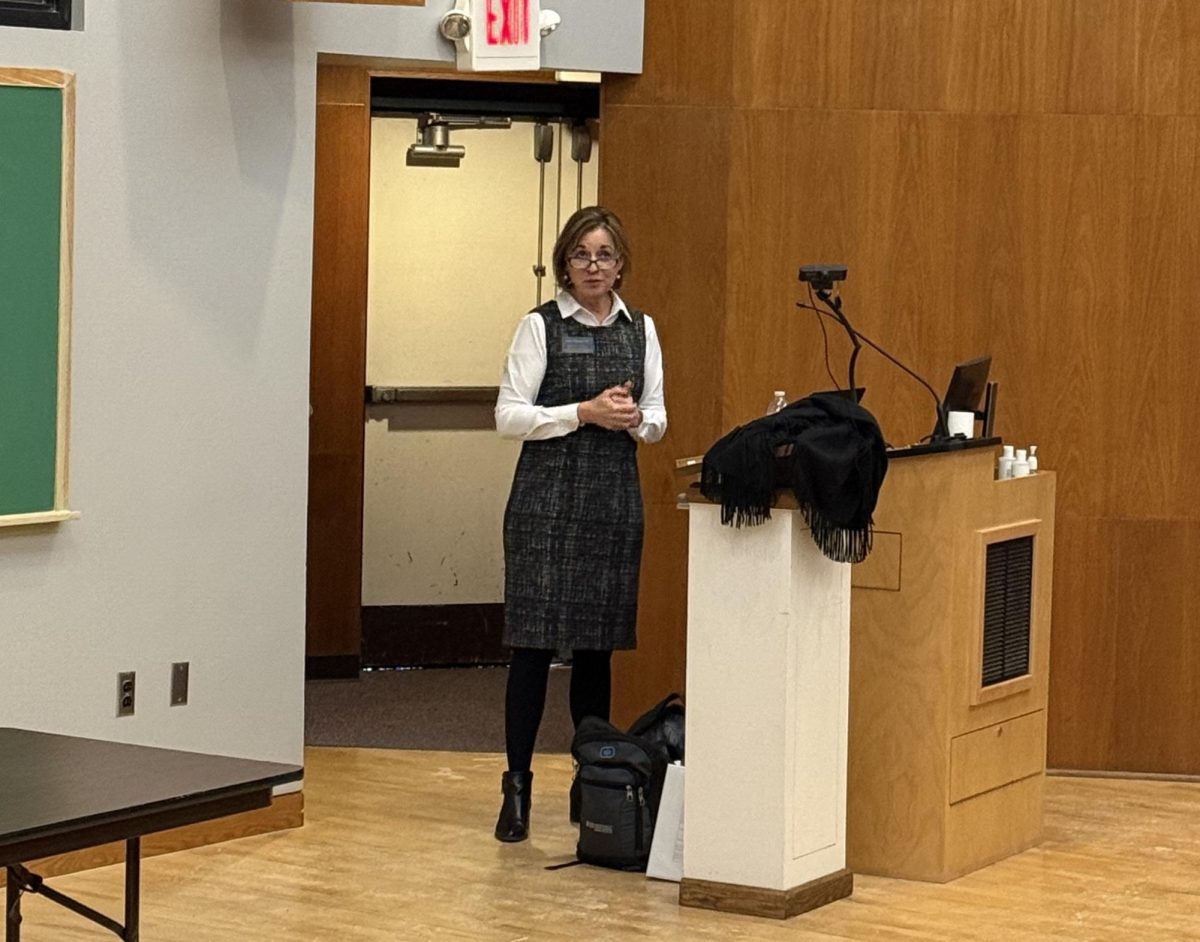By PETE JONES ([email protected])
After the House narrowly approved the Affordable Health Care for America Act, on November 7–what President Obama deemed “a courageous vote” in the New York Times–the college demographic could enter a health care– induced conundrum.
According to congresswomen Kathy Dahlkemper’s Web site, young adults aged 19–29 are the least insured group in the country, making up 31 percent of Americans without health care. Dahlkemper states on her Web site, “Far too many young adults remain uninsured, leading to extreme or haphazard measures such as borrowing leftover prescription drugs from a friend or setting their own broken bones.”
Dahlkemper contributed an amendment to the health care reform bill that grants young adults an option to remain on their parents’ health coverage until their twenty-seventh birthday, providing that they are unmarried, are unable to obtain health insurance coverage elsewhere, claim no dependents and are United State citizens.
Students, however, may find the mandated health coverage, provided the bill passes as established in the House, as an expense they are unable to afford.
“I don’t think I would buy health care if there wasn’t a mandate,” said Andrew Barker, ’10.
Others, however, disagreed.
“I would rather pay for health coverage than go without it,” said Josh Bobrow, ’10. “I think it is necessary in order to bring down costs and benefit everyone.”
Senior Chas Moore-Seymore agreed.
“I would pay for health insurance even if I don’t have to,” he said.
Other students are not concerned over the possible effects of the bill.
“Personally, I don’t think it will be a problem for me because the career I plan on entering will pay for my coverage,” said Grant Flemming, ’11.
“I didn’t even know there was a health care bill in congress,” said Adam Spisak, ’10.
The health care reform bill making its way toward the Senate will, in all likelihood, be revamped and altered, making it difficult to tell whether it will be economically beneficial or disadvantageous for America’s youth.
“It is impossible to say what form the bill will come out of after going through the Senate and Conference Committee,” said Political Science Professor Robert Rhodes.
Health insurance is an expenditure that could prove problematic for those who find themselves unemployed if the bill passes as it is constructed now. But as Professor Rhodes explained, in order for universal health care to be funded in an economical way, a mandate is necessary.
A recurring debate in Congress is the desire to “shift the cost” of health coverage, Rhodes explained. According to Rhodes, the elderly are trying to shift the cost to the young and vice versa. By mandating health coverage, young adults, who do not wish to pay for health care, could be indirectly paying for the coverage of the elderly who are more prone to illness. In turn, he explained, when today’s post–graduate students grow older, a new generation will help offset the costs of health care.
However, despite the potential of a cost shift to young adults, post-graduates will be designated lower rates than those possessing only a high school diploma.
“The most important socially economical variable in determining health coverage is education,” Rhodes said. “A college degree, in turn, becomes very influential in determining your health insurance cost.”
Still, it nearly impossible to determine how much your health insurance will cost because of a variety of factors, such as provider, region, hospital and whether your coverage is public or private.
The only way to effortlessly reduce the cost of health care, according to Professor Rhodes, is to “reduce the use of health care.”





